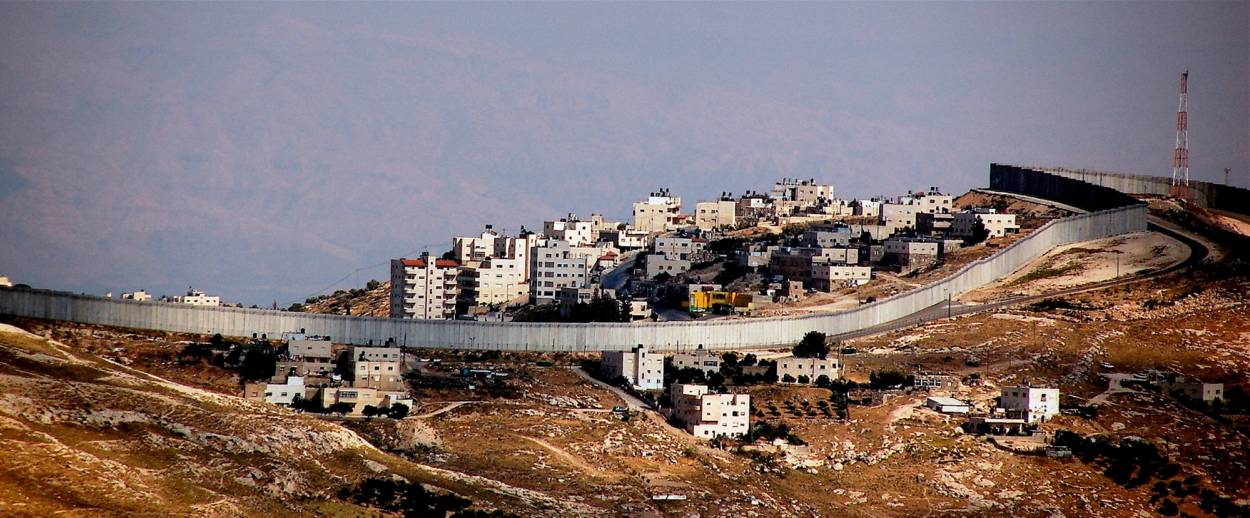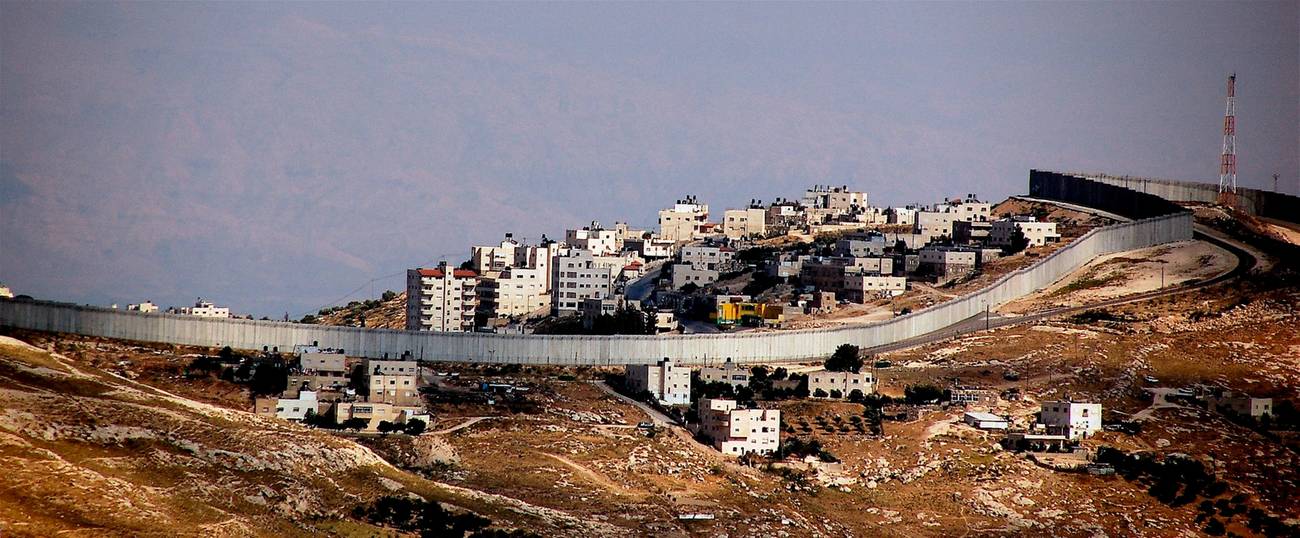Saudi Scholar: Israeli Society Wants Peace
A delegation led by retired Saudi General Anwar Eshki met with Israeli politicians in an effort to promote the 2002 Arab Peace Initiative




The supposedly flourishing ties between Israel and the Sunni Arab states burst into the open last week when a prominent former official from Saudi Arabia, a theocratic Islamic monarchy that doesn’t recognize Israel, sat down with a top Israeli diplomat and the official in charge of overseeing the country’s military presence in the West Bank.
On July 22, retired Saudi General Anwar Eshki—who heads an influential Saudi think tank and is believed to be close with both Saudi Arabia’s King Salman and his son, Defense Minister Mohammed bin-Salman—led a delegation of academics and businessmen to the Jewish state, where they met with Foreign Ministry Director General Dore Gold and IDF General Yoav Moredechai, the Coordinator of Government Activities for the Territories.
This visit is about as public as the alleged Israeli-Arab detente has gotten. The sides arguably can’t go much further than this, given the current impasse between Israel and the Palestinian Authority and the absence of a real peace process. But one member of the Saudi delegation, a scholar and director of a Jeddah-based think tank named Abd al-Mujid al-Hakim, demonstrated the value of even limited contact between Israeli and Arab societies during an interview with the BBC’s Arabic service last Friday. Al Hakim explained that Israelis were hardly the boogeymen many Arabs believed them to be—and that his experience in Israel convinced him that peace in the region was attainable.
“In Arab societies, the picture of Israeli society is that it embraces a culture of death, wants to spill blood, and does not believe in peace,” al-Hakim said, according to The Jerusalem Post. “That [picture] is not correct. The Israeli society that I encountered embraces a culture of peace, has accomplishments it wants to (protect), wants coexistence, and wants peace.”
Al-Hakim’s impression from his meeting with Gold is that Israel “accept[s] the Arab Peace Initiative,” the Saudi-backed 2002 proposal under which Israel would achieve recognition and diplomatic relations with dozens of Muslim and Arab states if the Israeli-Palestinian conflict were resolved within certain parameters. Israel never formally responded to the initiative, although in June, Israeli Prime Minister Benjamin Netanyahu praised the initiative’s “positive elements,” hinting it could help lead to productive negotiations with the Palestinians.
To al-Hakim, the main barrier to peace isn’t Israeli hatred for Palestinians, or visa versa. Instead, it’s “the lack of mutual trust between the sides.”
Al-Hakim discussed the Israeli-Palestinian conflict in terms of practical solutions: “We went to achieve a new reality for the Palestinian citizen,” said al-Hakim, who sounds convinced that this is something Israeli people, and even the Israeli government, would be more than willing to accept.
Right now, any kind of contact with Israeli citizens is still officially banned in a number of Arab countries—as Simon Henderson, an expert on the Persian Gulf at the Washington Institute for Near East Policy recently wrote, it’s likely the delegation participants would have needed “special dispensation from the Saudi government to make the journey” to Israel. The Arab League still maintains a Central Boycott Office to track illegal dealings between Arabs and Israelis, and something as innocuous as a selfie at a beauty pageant is enough to spark an international incident.
Al-Hakim’s statements hint at a radical alternative to the Arab world’s longstanding policy of isolation and hostility. Peace and mutual understanding, and maybe an end to one of the world’s most divisive conflicts, might be likelier if there were more space for interaction between peoples and societies that are now largely cut off from one another—or at least more of an opportunity for people on both sides to experience how little they really have to fear from one another.
Armin Rosen is a staff writer for Tablet Magazine.